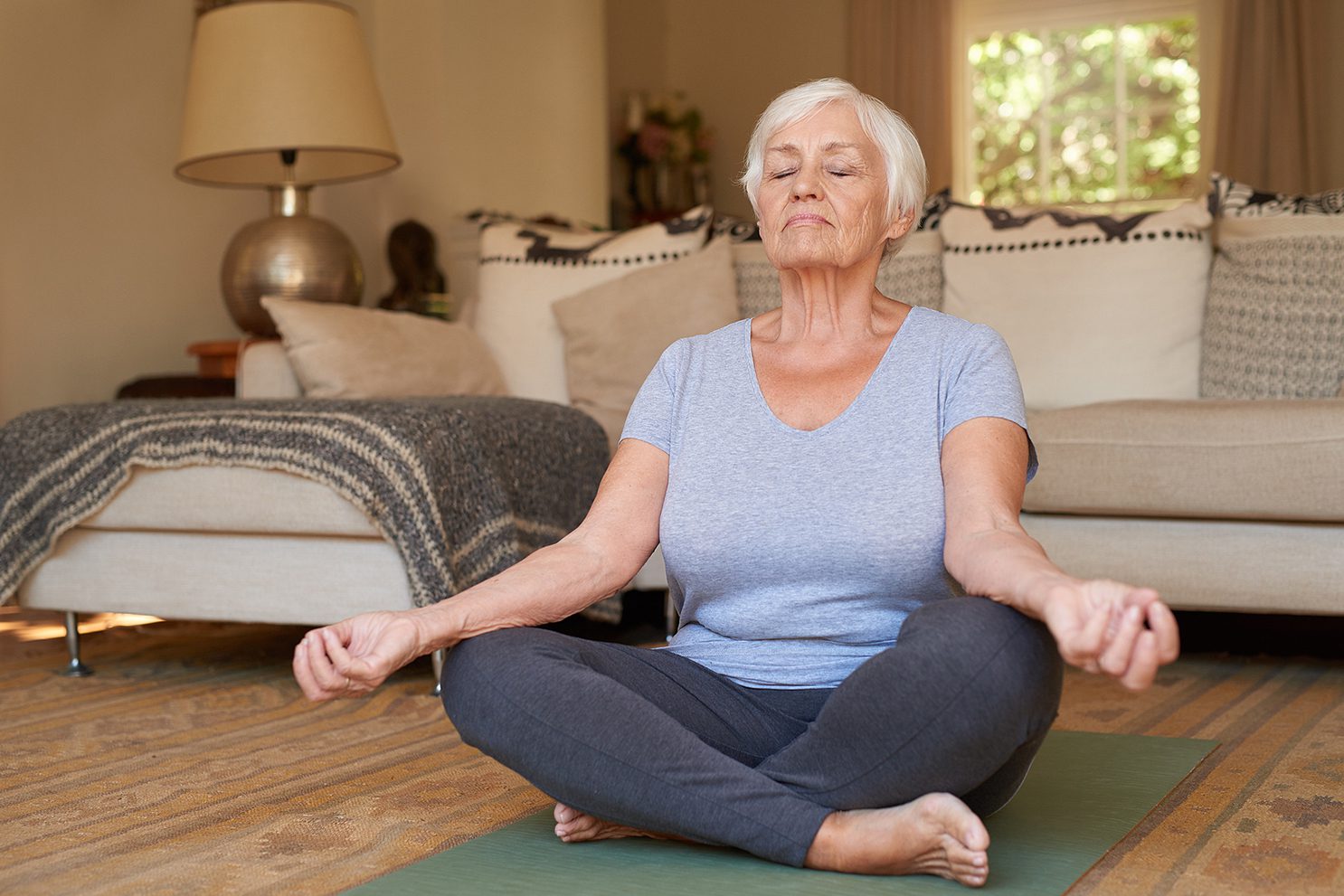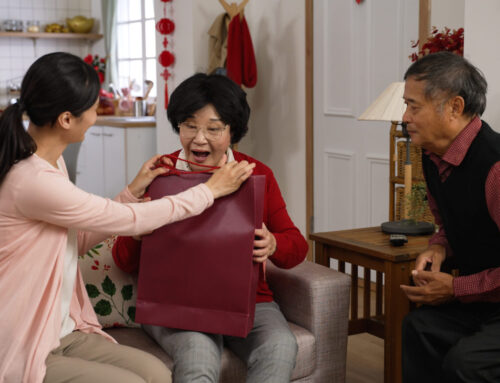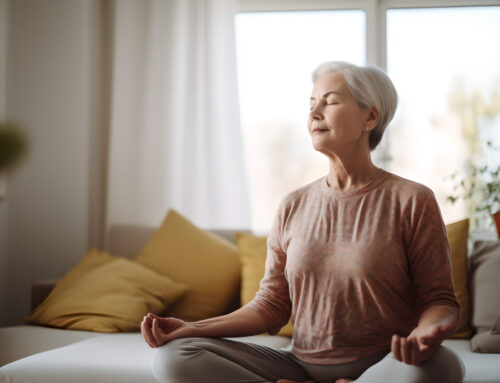If you find yourself becoming more anxious as you grow older, it may help to know that you’re not alone. Anxiety or nervousness is a common emotion no matter what your age.
To a certain level, it’s a normal reaction to stress, according to the Geriatric Mental Health Foundation. Anxiety can also serve a useful purpose if it alerts us to potentially dangerous situations or helps us prepare to act if needed.
Symptoms of anxiety
Some of the more common symptoms you may experience include feeling nervous, a sense of panic, increased heart rate, rapid breathing, headaches, sweating, chest pains, having difficulty sleeping and gastrointestinal problems.
Risk factors for anxiety
The following risk factors may be linked to increased anxiety in older adults, according to Mental Health America (MHA), a joint partner with the National Council on Aging.
- Chronic medical conditions
- Overall feelings of poor health
- Sleep disturbances
- Side effects from certain medications
- Alcohol or prescription medication abuse or misuse
- Physical limitations in daily activities
- Stressful life events
- Negative or difficult events in childhood
- Excessive worry or preoccupation with physical health symptoms
Tips to lower your anxiety
Excessive anxiety that interferes with daily activities is not a normal part of aging and can lead to severe health problems and decreased function. Between 3% and 14% of older adults meet the criteria of a diagnosable anxiety disorder. If this level of anxiety is something you are experiencing, you might want to discuss this with your doctor.
For those living with a lower level of anxiety, consider these tips offered by the Anxiety & Depression Association of America:
- Take a break
Practice yoga, listen to music, meditate or learn relaxation techniques.
- Eat well
Don’t skip meals. Eat well-balanced and nutritious food and snacks.
- Limit alcohol and caffeine
Both of these can aggravate anxiety or trigger panic attacks.
- Get enough sleep
Stress can cause your body to require additional sleep and rest. Provide it with what it needs.
- Exercise daily
Maintaining your physical health can help you feel well and calmer.
- Take deep breaths
Inhale and exhale slowly when beginning to feel the onset of anxiety.
- Count to 10
Count slowly and repeat to help feel calmer. Continue to 20 if necessary.
- Aim to do your best, not for perfection
Let go of impossible standards and be proud, instead, of your effort.
- Accept what you can control
You can’t control every outcome. Put situations in perspective. Are things as bad as you think?
- Invite humor into your life
A good laugh can do wonders for how you feel and help lighten the mood.
- Maintain a positive attitude
Become aware of negative thoughts and replace them with positive ones.
- Get involved
Volunteer. It creates a support network and offers a break from everyday stress.
- Learn your triggers
Try to identify what seems to set off your anxiety. Look for a pattern.
- Talk to friends or family
Sharing your feelings or concerns with others can provide a sense of relief.
- See your doctor
Anxiety is common and treatable. But the earlier it’s addressed, the easier it is to relieve the symptoms. You may also benefit from therapy, such as cognitive behavioral treatment or medication. Don’t suffer alone. Help is available.
How a senior living community can help
If you’ve ever considered whether a senior living community might be a good answer for you or your family, you’ll find the following common benefits can also contribute to a more relaxed and less anxious daily life.
- Make new friends
Healthy relationships are key to relieve stress and anxiety, lessen feelings of isolation and make life more enjoyable. You’ll find making friends in senior living easy.
- Stay active and engaged
A great antidote to feeling anxious, activities can greatly support your emotional well-being. The community takes care of the planning. You choose and have fun.
- Stay physically fit
An on-site fitness center makes it easy to stay or remain in shape, where you’ll find treadmills, weights, exercise equipment, classes and motivation.
- Keep your mind in shape
Senior living communities can help keep your brain fit and offer exercise and brain stimulation games to remain calm and keep things in perspective.
- Eat well
Food fuels your body and mind and using the best ingredients gets the highest results. Take a break and let someone else do the cooking.
- Safety and security
A source of anxiety and worry for many is safety, either their own, their home, or around the neighborhood. A senior living community can relieve that.
- Maintenance-free living
Homeowners have many responsibilities that take both time and money. Letting someone else take care of the upkeep means less worry and more time to spend as you wish.
Life at Tapestry Senior Living communities
We live in a world that can often be stressful and feeling a level of anxiousness at times can be common. We hope these tips can help provide a calming solution. If you’re considering senior living as a possible support for the enriched lifestyle you desire, you’ll be glad to know the positive impact it can also make on feelings of anxiety.
If you’re interested in discovering the right option for you, we invite you to consider one of our Tapestry Senior Living communities, where you’ll find:
- An active and engaged community who supports each resident to live life to the fullest
- Eating well and staying in shape is easy with our chef-inspired meals and fitness center
- A wide choice of activities to challenge your mind – or just to have fun
- Meeting and making new friends naturally at our many activities and social events
- And much more!
We understand that choosing the right community is an important decision. For families who would like more information about assisted living as one available senior living option, we invite you to download our complimentary guide Just the Facts: Your Guide to Assisted Living.
If you have any questions or would like to schedule a personal tour, please contact one of our advisors at a community near you.






